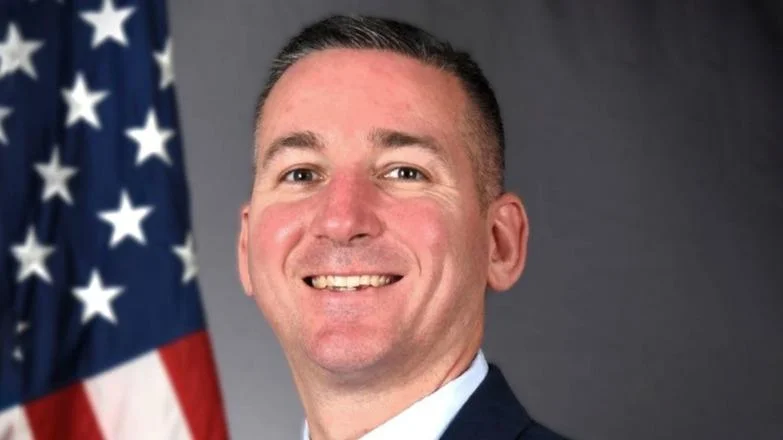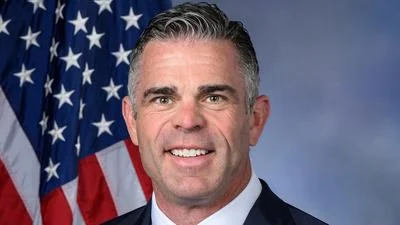Ben Franklin, Wisconsin State Representative for 88th District | www.facebook.com
Ben Franklin, Wisconsin State Representative for 88th District | www.facebook.com
According to the Wisconsin State Legislature's official website, the bill was described as follows: "financial eligibility for the Alzheimer’s family and caregiver support program. (FE)".
The following is our breakdown, based on the actual bill text, and may include interpretation to clarify its provisions.
In essence, this bill modifies the financial eligibility criteria for the Alzheimer's family and caregiver support program. It repeals the current requirement that financial eligibility is based on a joint income cap of $48,000 per year for individuals with Alzheimer's or another irreversible dementia and their spouses. The bill also updates related statutes to reflect the removal of this income limit, effectively eliminating financial restrictions for accessing support under the program. The changes apply to those individuals who are not eligible for the family care benefit in counties where a care management organization operates.
The bill was co-authored by Senator Rachael Cabral-Guevara (Republican-19th District), Representative Margaret Arney (Democrat-18th District), Representative Mike Bare (Democrat-80th District), Representative Elijah R. Behnke (Republican-6th District), Representative Ryan M. Clancy (Democrat-19th District). It was co-sponsored by Senator Kristin Dassler-Alfheim (Democrat-18th District), Senator Dora E. Drake (Democrat-4th District), and Senator Jesse L. James (Republican-23rd District), along 33 other co-sponsors.
Benjamin Franklin has co-authored or authored another 20 bills since the beginning of the 2025 session, with none of them being enacted.
Franklin graduated from Trident University International in 2020 with a BA.
Franklin, a Republican, was elected to the Wisconsin State Assembly in 2025 to represent the state's 88th Assembly district, replacing previous state representative John Macco.
In Wisconsin, the legislative process starts when a senator, constituent, group, or agency proposes an idea for a bill. After drafting, the bill is introduced, numbered, and referred to a committee for review and public input. If approved, it moves through three readings and votes in both the Senate and Assembly. Once both chambers pass the same version, the bill goes to the governor, who can sign it, veto it, or let it become law without a signature. Only a small share of bills introduced each session ultimately become law. You can learn more about the Wisconsin legislative process here.
| Bill Number | Date Introduced | Short Description |
|---|---|---|
| AB176 | 04/15/2025 | Financial eligibility for the Alzheimer’s family and caregiver support program. (FE) |
| AB82 | 02/28/2025 | Exempting certain conveyances between grandparents and grandchildren from the real estate transfer fee. (FE) |
| AB74 | 02/28/2025 | Parental notification of alleged sexual misconduct by a school staff member. (FE) |
| AB17 | 02/06/2025 | Creating an employee ownership conversion costs tax credit, a deduction for capital gains from the transfer of a business to employee ownership, and an employee ownership education and outreach program. (FE) |
| AB6 | 02/04/2025 | Requiring a school board to spend at least 70 percent of its operating expenditures on direct classroom expenditures and annual pay increases for school administrators. (FE) |






 Alerts Sign-up
Alerts Sign-up